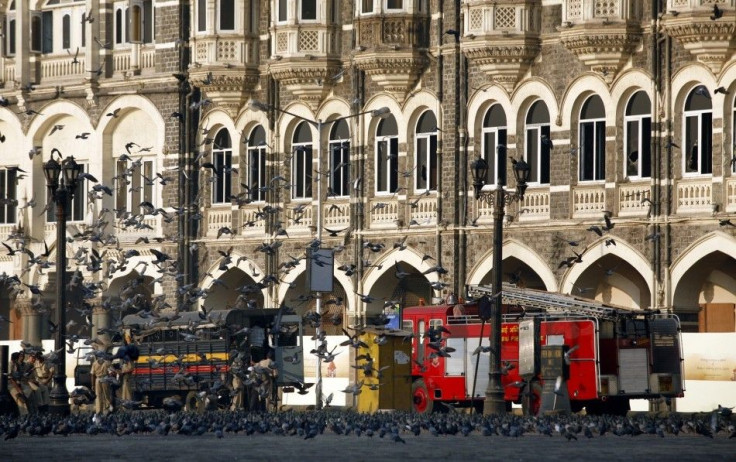David Headley: The Pakistani-American Who Hated India

David Coleman Headley, the Pakistani-American who indirectly participated in the 2008 terror attacks in Mumbai, India, that killed up to 170 people -- has been sentenced to 35 years in prison in a federal court in Chicago.
The Chicago Tribune reported that former U.S. Attorney Patrick Fitzgerald told U.S. District Judge Harry Leinenweber at the sentencing hearing that Headley was involved in a “very, very heinous crime,” but the court should consider the “unusual nature” of Headley’s cooperation.
Headley, 52, could have faced a life sentence, but he cooperated with authorities as soon as he was arrested by the FBI in Chicago in 2009 and admitted his role in helping prepare the attacks. (Prior to the three-day 2008 rampage, Headley moved freely through Mumbai and other parts of India looking for locations -- including mapping and videotaping possible targets -- for Pakistani gunmen to attack.)
After his arrest, he also provided investigators with detailed information on the inner workings of Lashkar-e-Taiba (LeT), the now outlawed Pakistani Islamist terror group that planned the Mumbai attacks. Reportedly, Headley provided crucial information regarding LeT’s links to Pakistani military and intelligence officials.
His testimony led to charges against seven suspected terrorists, including Chicago businessman Tahawwur Rana.
By cooperating with U.S. authorities and pleading guilty to 12 counts -- included conspiracy to commit murder and aiding and abetting murder -- he was promised that he would not face a death penalty nor be extradited to India, where he is a reviled figure.
Prosecutors said Headley’s many crimes were partly motivated by his lifelong hatred of India.
Headley was born Daood Gilani in Washington, D.C., in 1960 to a Pakistani father, Sayed Salim Gilani, a diplomat, and an American mother, Alice Serrill Headley, a socialite. The small family moved to Pakistan and lived there for about five years, before Alice retired to the States.
In 1977, when Daood was attending a military high school in Pakistan, Alice took her son back to the U.S. to live in Philadelphia. By then however, the teenaged Daood was deeply immersed in Pakistani politics and especially in Islam.
By the 1980s, after a divorce, Daood ran into trouble with the DEA for minor drug charges.
In 1997, he was then arrested for trying to smuggle heroin into the U.S. from Pakistan. In exchange for providing information about Pakistani drug dealers, Daood got a light sentence of only 15 months in prison.
After his release, Daood was given permission to travel to Pakistan, apparently to work on an undercover mission for the DEA.
But he apparently came under the influence of LeT founder and spiritual leader Hafiz Muhammad Saeed, becoming his devoted disciple.
Daood reportedly attended LeT training camps in Pakistan in 2002 and 2003.
By 2005, after he had remarried and had four children in the U.S., he was again arrested – this time on a domestic violence charge. His wife told police her husband was an active member of LeT -- although U.S. authorities inexplicably took no action at the time.
In 2007, Daood changed his name to David Headley and moved to Chicago, ostensibly to work for Rana's immigration agency.
The following year, the Mumbai attack occurred.
He is also suspected of having traveled to Denmark in order to bomb the offices of the Jyllands-Posten newspaper, which published insulting cartoons of the Prophet Muhammad.
Since the Mumbai attacks and revelation of Headley’s participation in the atrocities, Indian government officials have questioned how and why Headley was so easily able to travel between India and Pakistan and why a convicted criminal like Headley worked undercover for the DEA in the first place.
Some Indian politicians have charged that Headley was a double agent working for the CIA to infiltrate LeT.
© Copyright IBTimes 2024. All rights reserved.











